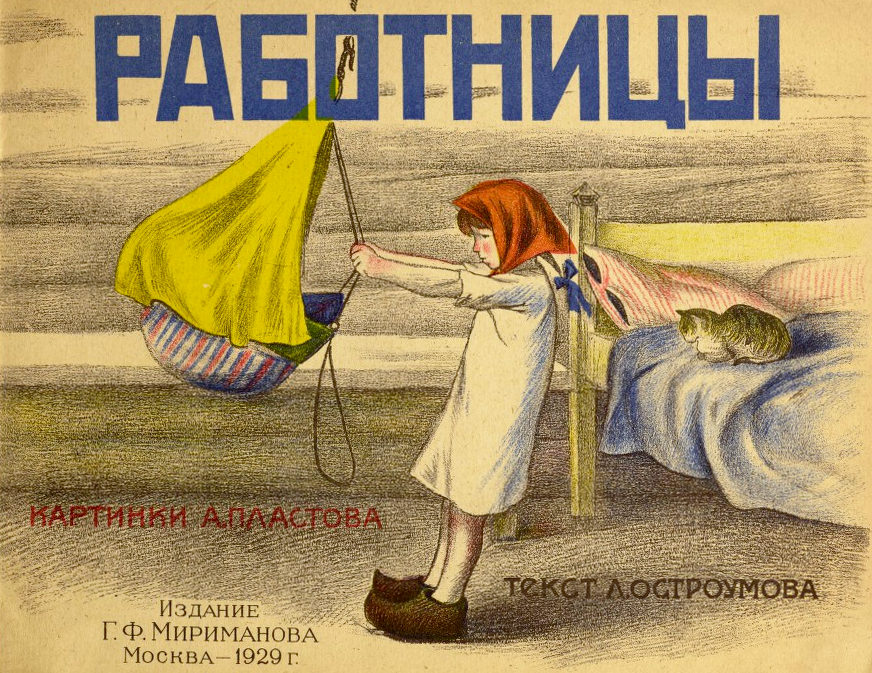This paper addresses Mayakovsky’s participation in the literacy campaign and how literacy more generally operates in his oeuvre. I argue that Mayakovsky, in his early political work meant for mass consumption, reimagine print literacy for a new, communist public. Mayakovsky’s literacy, beginning with the Sovetskaia azbuka and continuing with the agitprop posters made for the Russian Telegraph Agency (Rosta), exercise a dialectic between unlearning and relearning to read.
 This dialectic emerges as part of the larger rejection of pre-revolutionary culture in order to build it anew. Mayakovsky’s reimagining of reading practices requires performative reading aloud; the publications themselves are supplemented by images that often problematize the text. Reading is thus turned into a multimedia experience in which silent, isolated reading is discouraged at all costs. I conclude by investigating Mayakovsky’s post-Civil War texts Piatyi internatsional and the collection of poems published with El Lissitzky, Dlia golosa, in order to examine how these notions of literacy function within Mayakovsky’s larger poetical oeuvre.
This dialectic emerges as part of the larger rejection of pre-revolutionary culture in order to build it anew. Mayakovsky’s reimagining of reading practices requires performative reading aloud; the publications themselves are supplemented by images that often problematize the text. Reading is thus turned into a multimedia experience in which silent, isolated reading is discouraged at all costs. I conclude by investigating Mayakovsky’s post-Civil War texts Piatyi internatsional and the collection of poems published with El Lissitzky, Dlia golosa, in order to examine how these notions of literacy function within Mayakovsky’s larger poetical oeuvre.
